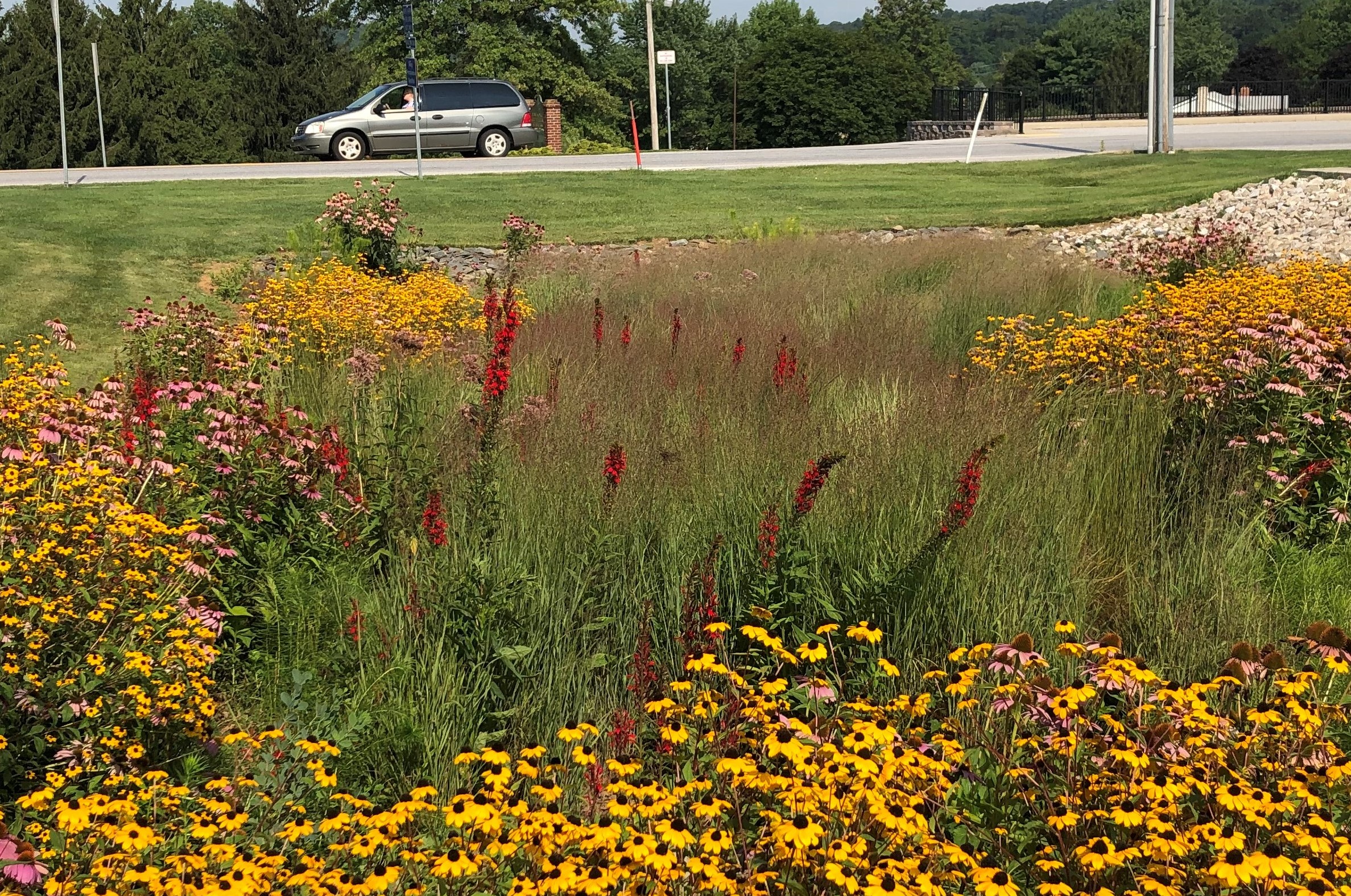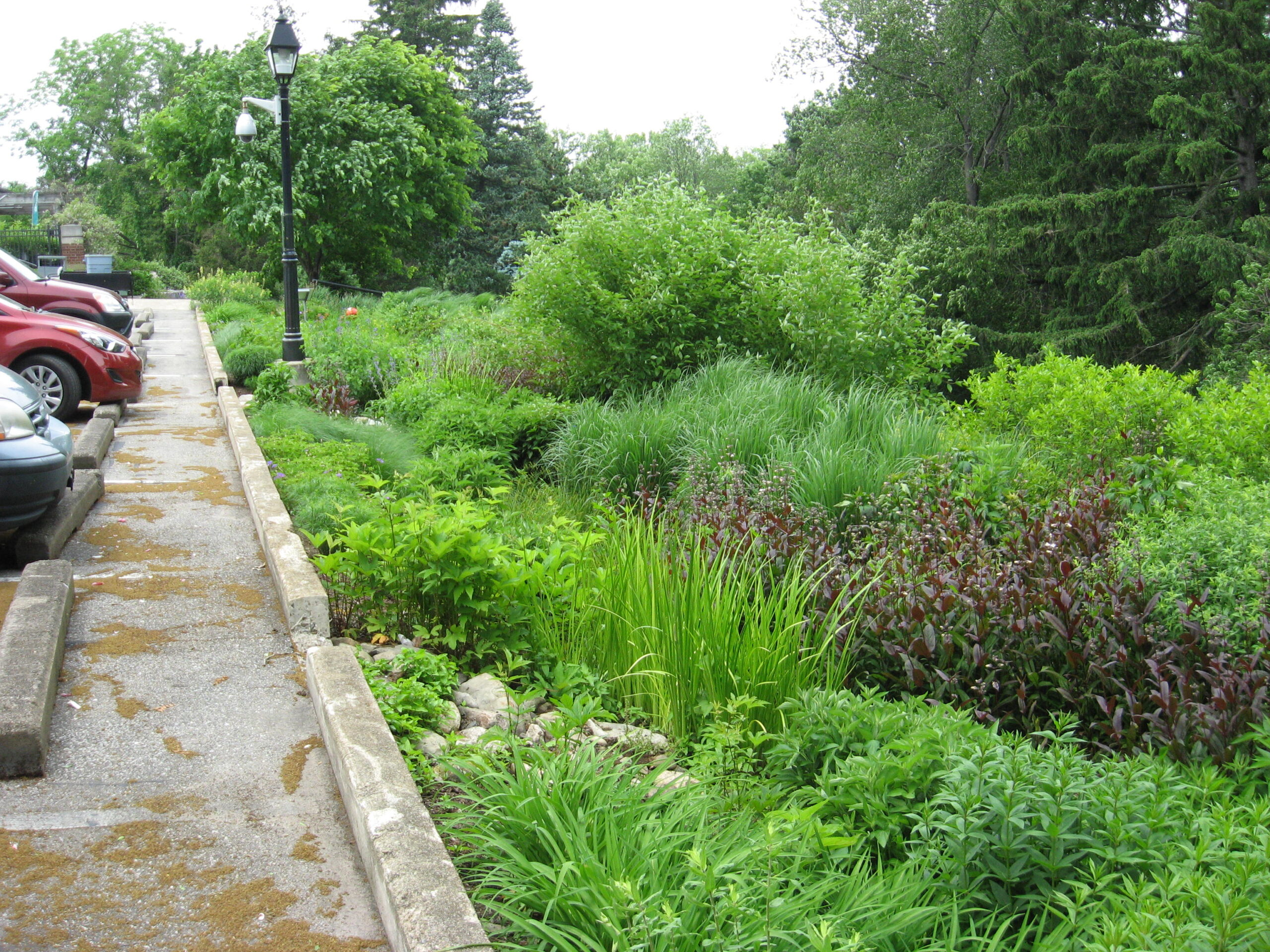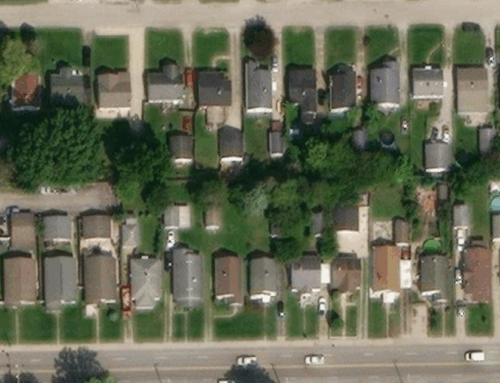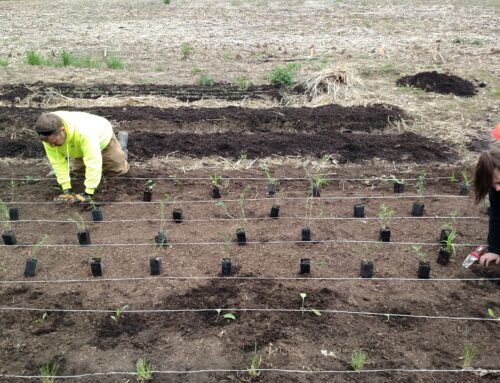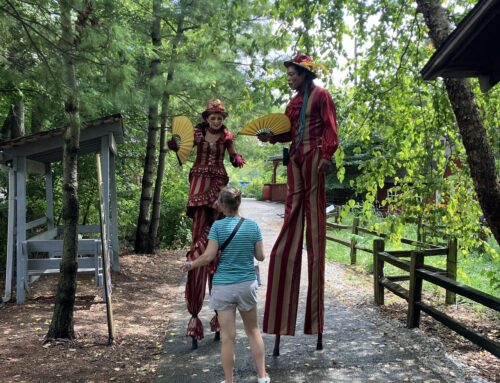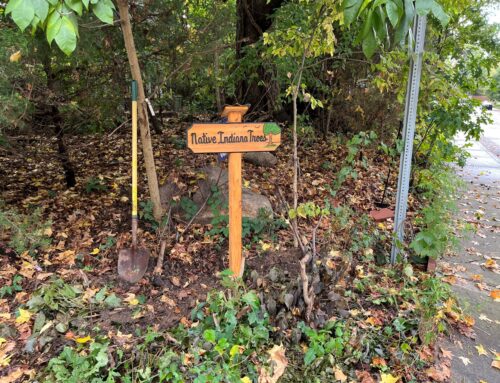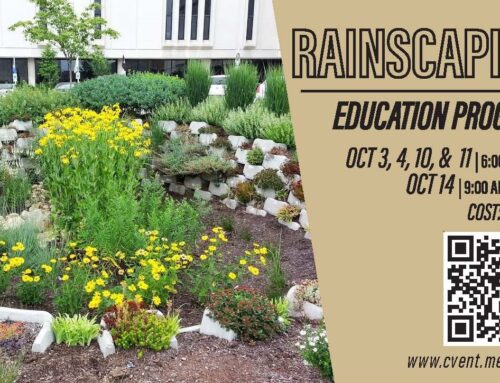You may have wondered what the stormwater user fees are that appear on your spring and fall taxes & is there was a way to lower them?
Stormwater user fees are used to fund projects that help to alleviate flooding, improve water quality (replacing combined sewers), maintain public stormwater facilities, and protect public infrastructure such as streets and sidewalks. They are based on the amount of impervious surfaces so that a higher rate is assigned to those properties which create more stormwater runoff.
Stormwater credits are opportunities and incentives to reduce your stormwater fee. Credits encourage property owners to implement stormwater management strategies that reduce water pollution, which ultimately will help the city to achieve its stormwater permit goals. Credits are often granted for stormwater best management practices (BMPs) that reduce impervious surface area and stormwater runoff. More information on stormwater credits for Indianapolis residents can be found HERE. Two of these practices are rain gardens and bioswales.
Rain gardens
Rain gardens are shallow, bowl-shaped landscaping features planted with native species that capture and treat stormwater runoff from rain events. Rain gardens are utilized on residential and small commercial properties to mimic the natural hydrological cycle whereby rainfall soaks into the ground rather than running off the landscape and polluting local creeks, streams, and rivers. This infiltration helps to mitigate flooding in localized areas such as neighborhoods, streets and streams. Rain gardens also provide important habitat to support beneficial insects and pollinators that can help improve local water quality. Check out our Rain Garden Guide for more information.
Bioswales
Bioswales are shallow drainage channels covered with taller (greater than 3”), dense vegetation. They are usually designed to trap particulate pollutants (suspended solids and trace metals), promote infiltration which reduces overall runoff volume, and reduce the flow velocity of stormwater runoff. Depending on the plants selected, they can also provide habitat for birds, butterflies and wildlife. They are ideally situated to accept drainage from roadways or parking lots. For more information on bioswales click HERE.
The Marion County SWCD can help you determine if you have a good location for a rain garden or bioswale. Contact us to set up an appointment.
